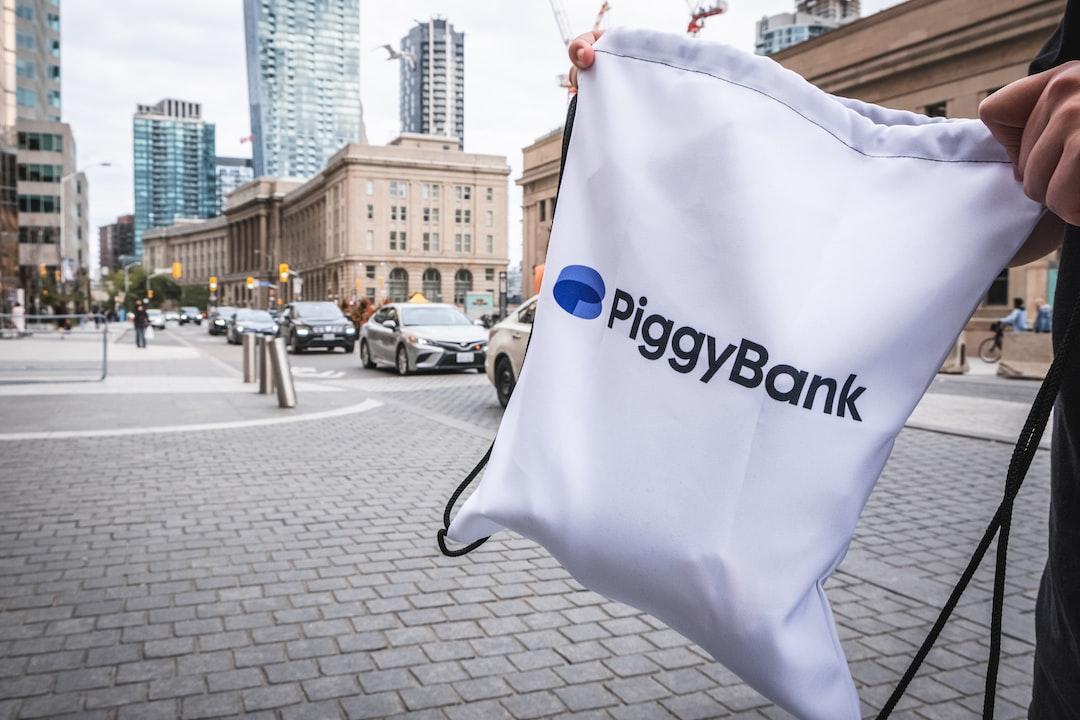The U.S. Federal Trade Commission (FTC) is alerting consumers to the increasing prevalence of crypto scams known as “pig butchering” scams or romance scams that involve cryptocurrency investments. The term “pig butchering” originates from Southeast Asia and is derived from the Chinese phrase Shāz Hū Pán. This type of scam is inspired by catfishing and usually involves a long-term fraud scheme. Scammers target individuals online through dating and social media platforms, building a connection and gaining their trust before ultimately stealing their cryptocurrency or money – the “butchering” process.
Romance scams have been a persistent issue, resulting in significant financial losses for victims, amounting to millions of dollars. The FTC warns that scammers establish emotional connections with their targets to deceive them into believing they are experts in cryptocurrency investing. However, these online love interests are actually scammers, leading to substantial financial losses for victims.
Scammers often pressure victims to send money quickly through methods such as gift cards, payment apps like Apple Pay, CashApp, PayPal, Zelle, money wiring companies, or even cryptocurrency. The FTC emphasizes that legitimate entities would not insist on these methods of payment.
In May, the Canadian Anti-Fraud Centre (CAFC) also raised concerns about the increase in crypto scams targeting Canadian citizens, including pig butchering or romance scams and investment scams. Recent reports highlight cases like Shreya Datta, a tech professional from Philadelphia, who fell victim to a cryptocurrency romance scam, resulting in financial ruin with losses totaling $450,000.
TRM Labs, a blockchain intelligence company, revealed that the FBI’s Internet Crime Complaint Center (IC3) has received over 4,300 complaints related to pig butchering scams, with victims facing cumulative losses exceeding $400 million. It is crucial to raise awareness about these scams, which involve strangers persuading unsuspecting individuals to part with their savings through deceptive means.
Spreading awareness is essential to protect consumers from falling victim to these sophisticated investment scams. Stay informed and vigilant to avoid becoming a target of pig butchering scams.

